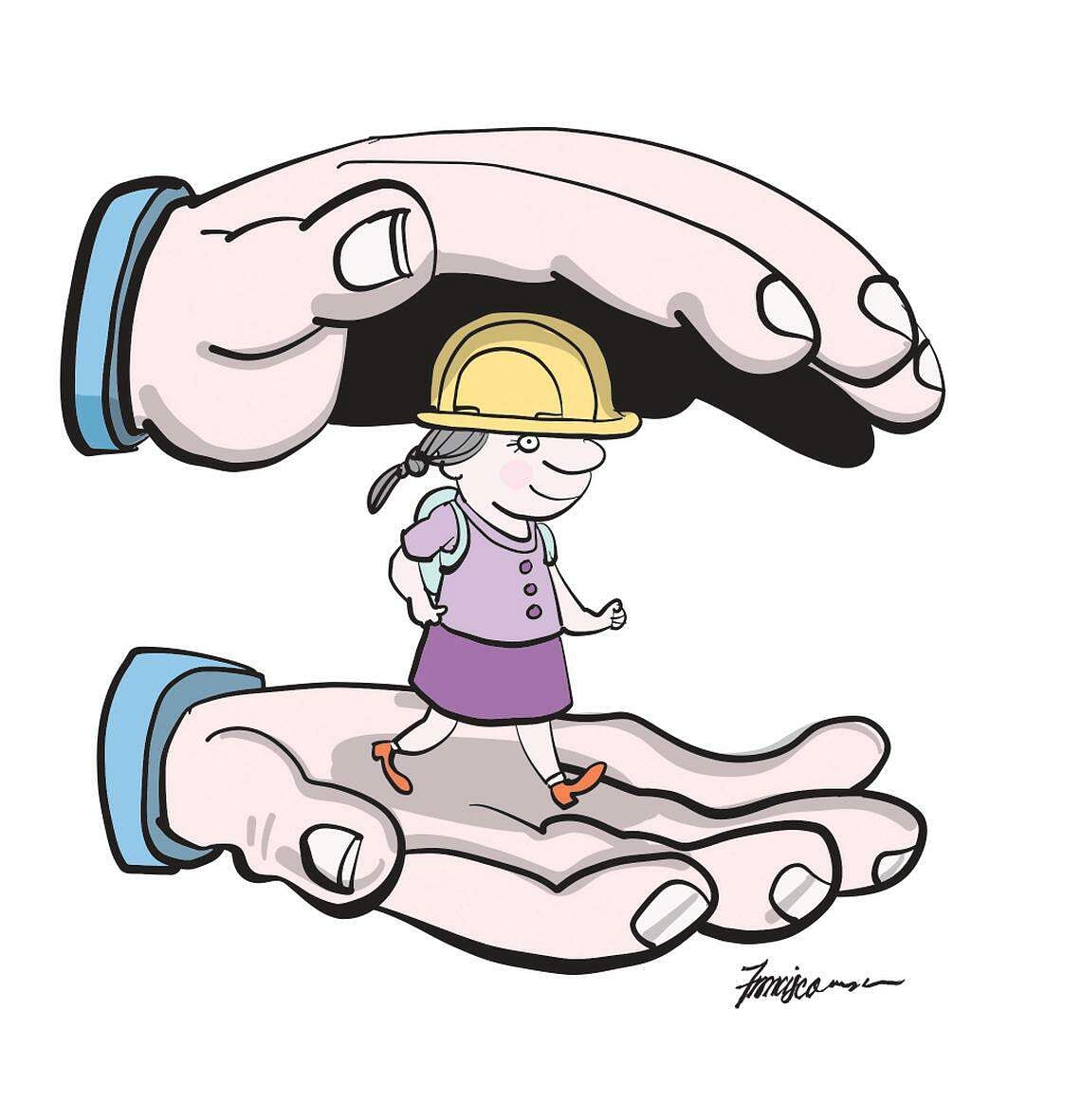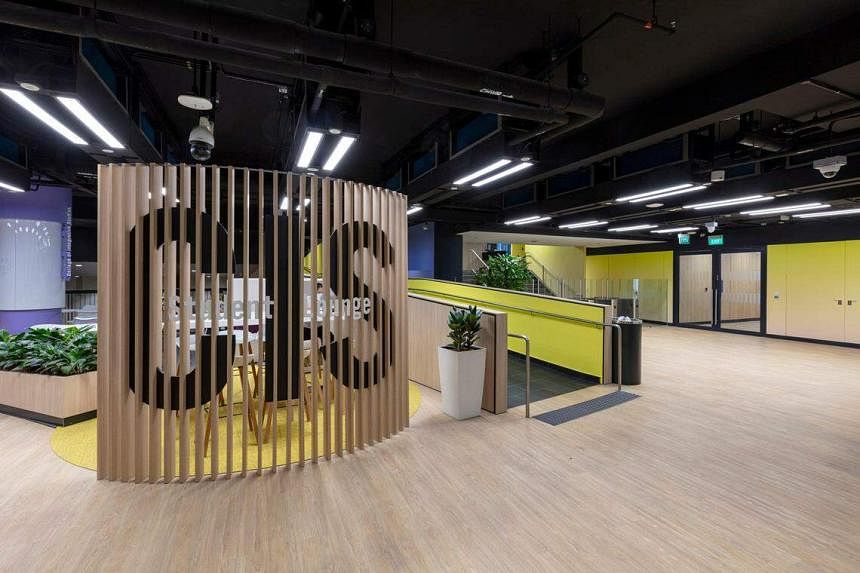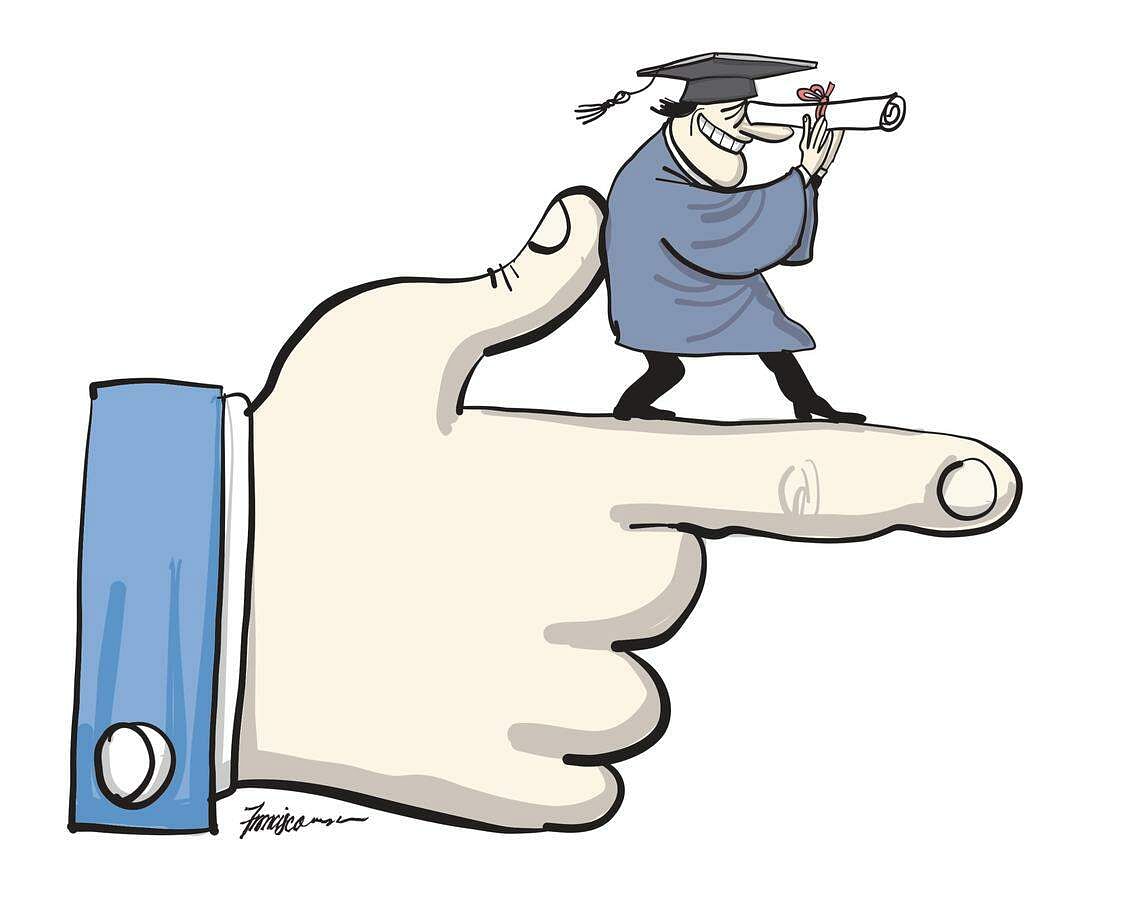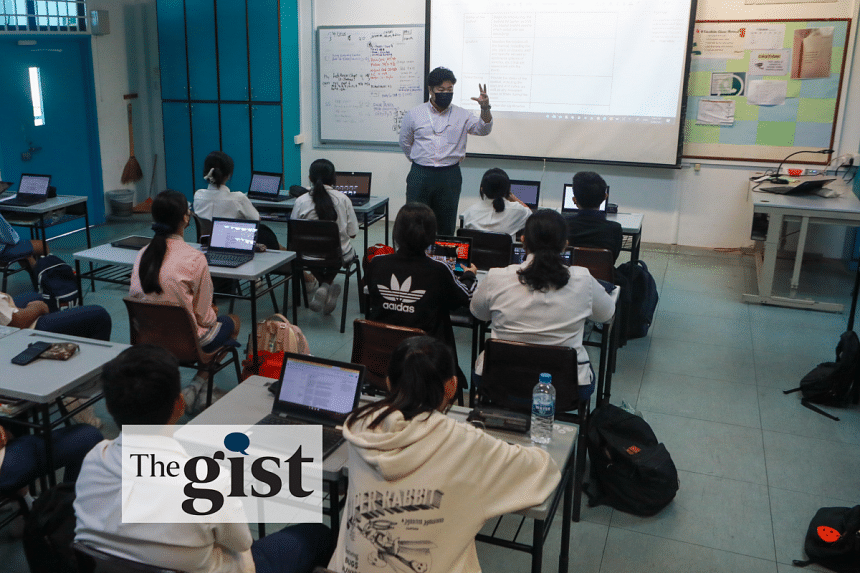1. Artificial intelligence (AI)
One challenge that education systems around the world had to grapple with was generative AI tools such as ChatGPT.
Developed by San Francisco research firm OpenAI, the intelligent chatbot has made headlines for its ability to produce essays and solve mathematical equations in seconds.
Internationally, many schools have cracked down on the use of such tools, with some US districts blocking access to ChatGPT on school computers and networks, due to plagiarism and cheating concerns.
Singapore, though, took a different stance, with Education Minister Chan Chun Sing saying that the Ministry of Education (MOE) would guide teachers to use AI tools such as ChatGPT to enhance learning.
Likening the potential use of ChatGPT in the classroom to the way a calculator provides support for students learning mathematics, he noted that AI tools do not replace the need for students to first master the fundamentals of the subject.
To this end, a road map by the MOE to adopt technology and artificial intelligence into how students learn will be implemented in schools from 2024.
With the ministry’s EdTech Masterplan 2030, launched on Sept 20, students will learn the strengths and limitations of AI and how to use it for learning and work.
Why it matters
AI-driven tools such as ChatGPT are likely to become pervasive over time, and banning their use is not going to work.
Students will increasingly need to know their way around these tools to work alongside them and use them to their advantage.
With the right approach, observers say it can be a powerful learning tool for students and a teaching tool for educators.
Through frequent practice, students can gain a good understanding of how AI works, what types of bias it contains, and how it can be misused and weaponised.
2. Pre-school children mismanagement

Cases of alleged child abuse in some pre-schools sparked public outrage when videos of incidents were circulated widely on social media in August.
Former early childhood teacher Lin Min was allegedly seen forcing children to drink water and hitting a child on the buttocks with a book. She was charged in August with ill-treating a child under the Children and Young Persons Act.
Another educator at the same Kinderland pre-school centre had allegedly used inappropriate methods to restrict the movement of a three-year-old child under her charge by pulling the child’s shirt over the back of a chair and securing him to a chair using straps from an infant chair.
In response, the Early Childhood Development Agency (ECDA) said it would review its systems and processes for reporting of child mismanagement cases.
Aspiring and in-service pre-school teachers will also have clearer child safety guidelines spelling out inappropriate behaviour in their training by end-2023.
By July 2024, all pre-schools and government-funded early intervention centres will need to install closed-circuit television cameras. The ECDA said this move was part of its regular review of security and safety measures in the early childhood sector, and was not related to the incidents.
Why it matters
These cases put a spotlight on the safety of children in pre-schools and the protocols involved during investigations.
Observers say the incidents show that pre-schools need to be open in their communication with parents in order to build trust and good relationships.
Some groups, like the Singapore Children’s Society, also say that every pre-school must have a child safe policy.
This includes familiarising all staff with the accepted code of conduct, reviewing incident reporting and whistle-blower policies, and providing centres with updated risk assessment and management tools.
3. University developments
Singapore universities continued to add to the diverse choices for students. One new institution of note was the College of Integrative Studies (CIS), launched by the Singapore Management University (SMU). It welcomed its first intake of 101 students in August 2023.
CIS students are allowed to defer choosing their degree until the end of their first year, which gives them a whole year to explore disciplines available to them at SMU before going on to specialise in certain fields.
Students can create a major that combines modules across different schools, for example, in artificial intelligence and cognitive psychology to build the next generation of robots.
They can also opt for the professional track, which will give them close exposure to industry, or the research track for those with an interest in a research, government or policymaking career.

The Singapore University of Technology and Design (SUTD) launched 42 Singapore, a tuition-free coding school, in collaboration with Ecole 42 Paris.
Instead of lectures and tutorials, the programme uses a unique peer-learning approach and offers project-based learning in a gamified environment to develop technical and soft skills needed for the industry.
Students will have to pass several levels of core and specialisation modules before going on one or two six-month industry placement exercises.
Why it matters
CIS was set up to equip future graduates to look beyond the boundaries of a single discipline and meet needs of future jobs.
As CIS dean Elvin Lim said, in a highly disrupted world, to be a single-subject expert is to risk obsolescence in the rapidly evolving industry cycles.
SUTD’s 42 Singapore is an attempt to overhaul the education system to adopt innovative learning and pedagogical techniques, through breaking away from the traditional lecture and tutorial system to one based on peer-to-peer learning.
It is also an inclusive school that offers free tuition training, accessible to all, to equip learners with the most-in-demand tech skills for jobs.
The 190 students in its pioneer batch come from all walks of life, with a third of them in full-time employment. Another third are currently unemployed and enrolled in the programme to upskill themselves, while the rest are students, working part-time or retirees.
Approximately half of the students have no prior coding experience, and nearly half have no degree.

4. Learning for life
Mr Chan announced in March 2023 that the Government will be offering more university places to give more Singaporeans a shot at degree education.
But instead of calling it an increase in the “cohort participation rate”, which refers to the percentage of a yearly cohort who are given places in MOE-funded degree programmes, he used the term “lifetime cohort participation rate (CPR)” and said it will be increased from the current 50 per cent to 60 per cent by 2025.
The word “lifetime” was added as the rise in places will be weighted towards enabling adult learners from the workforce to access a university upgrading pathway. That means they do not have to enrol in a university, immediately after the A levels or polytechnic education. Instead, they can take up a degree while working, or go to university to reskill themselves when pivoting to a new job.
Why it matters
In using the term “lifetime CPR”, Mr Chan said the Government was sending out a signal to Singaporeans that there is no need to rush to front-load education, as there will be more subsidised spaces to support upgrading later in life.
This aligns with the wider push to encourage Singaporeans to make learning lifelong so that they can adapt to the rapid technological and workplace changes.
To support this, the autonomous universities are relooking ways to better cater to adult learners, many of whom are likely to be juggling work and study. These include programmes conducted via a mix of online and face-to-face lessons, and offering micro-credentials that could be stacked up to a degree.
5. Narrowing pay gap between university graduates and non-degree holders
At the start of 2023, Deputy Prime Minister Lawrence Wong said more can be done to address the gap between the starting salaries of university graduates and those of their peers from the Institute of Technical Education (ITE) and polytechnics.
Today, the median starting salary for university graduates is about twice that of ITE graduates and about 1½ times that of polytechnic graduates.
His remarks came amid growing awareness that Singapore needs to place more emphasis on individuals engaging in “hands-on and heart work”, such as those in technical, service and community care roles.
To improve job prospects, the Government will continue to expand the Progressive Wage Model to cover more areas with lower-wage jobs.
The issue was again raised in Parliament in February, with Manpower Minister Tan See Leng saying that government agencies are working on initiatives like work-study programmes to narrow the pay gap between graduates from various institutions.
Why it matters
The wage disparity between graduates of different institutions is concerning when it is too wide, and if it means there is little room for non-degree holders to progress in their careers throughout their lives.
Left unaddressed, this can result in people feeling resentment or that the system is unfair, which could have an impact on social cohesion.
Another consequence is a mismatch between worker skills and job requirements, if people do not enter vocations they have been trained for, or feel pressured to pursue a university degree not aligned with their strengths or interests.
An economy thrives when it has workers with diverse traits and skill sets, and observers have noted a need to consider a broader definition of what it means to have “good jobs”. Employers, too, need to rethink how they hire candidates and make use of skills-based recruitment when suitable, instead of looking only at paper credentials.

